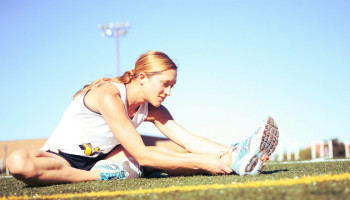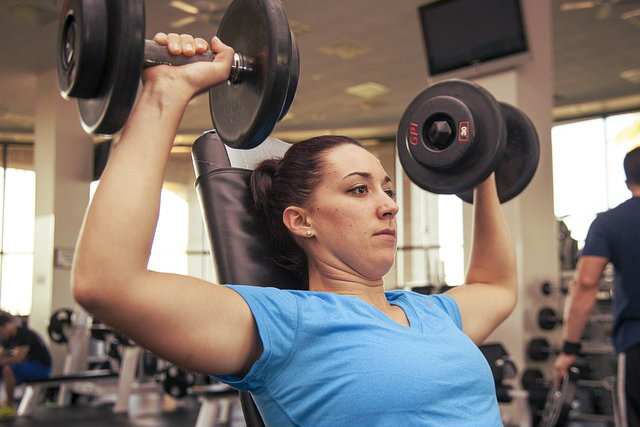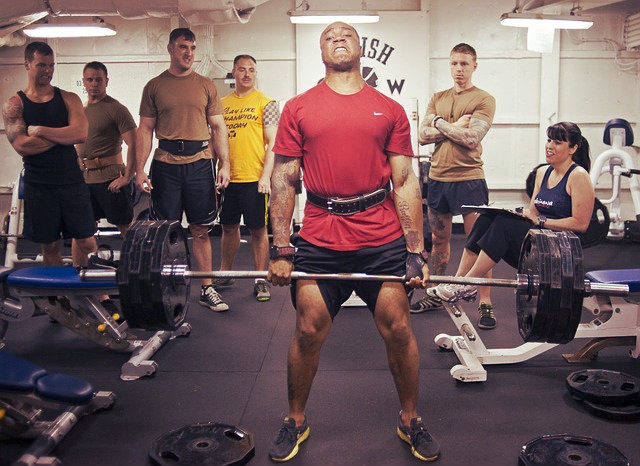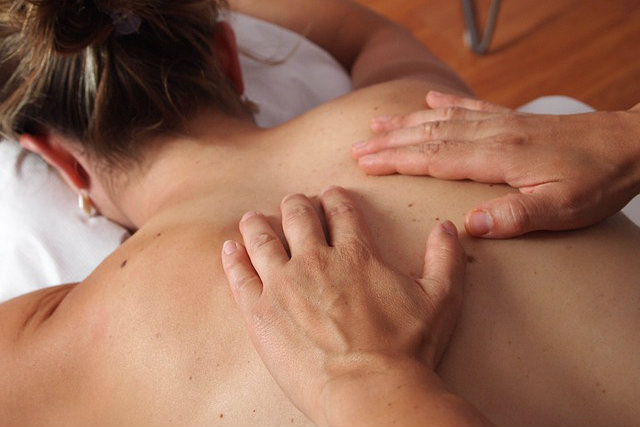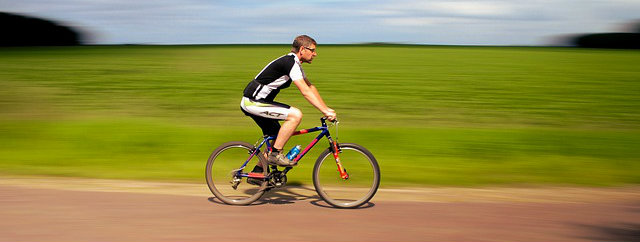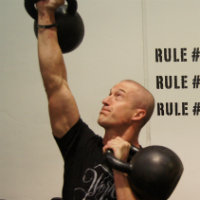 Reading Time: 6 minutes
Reading Time: 6 minutesTraining and diet aren’t rocket science. Any website or article that tries to tell you otherwise is just trying to sell you something.
Inside all of us is a very perceptive brain, often called the lizard brain. The lizard brain is a throwback to our ancestors and is often associated with visceral feelings. You know that time you got a bad “vibe” from that one guy and he turned out to be a criminal? That same gut feeling is something many of us need to remember how to trust again when it comes to our training.
Every day I meet with clients and hear something that goes along the lines of, “I had this amazing massage therapist but stopped going. And now I’m stiff and in pain.” Or, “I know I shouldn’t eat so much bread because I never feel good afterwards. I feel sluggish and a bit itchy, but I still just ate an entire loaf of bread because this celebrity said she eats a lot of bread.” In other words, we have stopped listening to our guts and the result is lower levels of health and fitness.
I see what amounts to the same article written time and again by Internet “experts” on how to get fit. Every article says you should squat and deadlift, and that you should focus on the standard big exercises of bench, squat, deadlift, row, overhead press, and chin-up. Well, maybe — or maybe not, if we listen to our bodies.
1. Do You Need to Press Overhead?
Taking shoulder mechanics into account means that as much as a third of the planet shouldn’t be bench pressing or overhead pressing heavy as there is a large chance you’re not built for it. If you are in that 30% not built for pressing, then you’ll experience quite quickly that while most of your training feels fine, the pressing movements always make your shoulders feel bad.
If you listened to your body, you’d stop doing these movements. Instead, because you’ve read a dozen articles by all these gurus saying you must be pressing, you keep on going. And then you find yourself in front of a surgeon discussing what is going to happen during your reconstructive surgery.
2. Do You Need to Deadlift and Squat?
The next most obvious place we should be listening to our guts is when it comes to squats and deadlifts. For a variety of reasons, these lifts will sooner or later start to upset every body. Whether the problem shows up in our knees, backs, or hips, we are not designed to lift large loads for our entire lives. If we were, we wouldn’t see muscle wasting during aging nor a drop in our hormone levels.
Yet we continue to push on, flirting with disaster, feeling stiff and sore after every session with either of these exercises until suddenly we damage something so badly we need to take time off.
3. Do You Need Regular Cardio?
The next hurdle for many is in their fitness. I have literally not met a single person in twenty-plus years as a trainer who doesn’t feel better after adding regular steady-state cardiovascular training into their regimen. I don’t mean high-volume training like you’d see for a marathon or Ironman, but a sensible amount of low-intensity work. Given that we have been hard wired over millennia to move for long periods of time, is it any surprise that when we move more we feel better?
Yet despite all the good feelings that come with this activity, people still often bypass cardio despite knowing that long-term avoidance of cardio training will see them need a bypass. (See what I did there?)
4. Do You Need Regular Massage?
I am constantly surprised by how often I hear about the great success people have had with massage. Yet that surprise is outdone by the next comment out of their mouths, which usually is about them no longer getting massaged regularly.
Massage therapy was working so well that they forget how bad they felt when they were no longer using it, or they had forgotten how much harder they could train because they were recovering better than previously. The point being that in both cases, these people are no longer getting regular massage. And, of course, now they find themselves at the doctor’s talking about surgery.
5. Do You Listen to Your Literal Gut?
And then there’s diet. From my perspective, I have never seen a topic more likely to produce inflammatory responses than diet and/or body composition. It’s worse than religion and politics. From The Zone and Paleo, which at least have sense in them, to Food Babe and her diet nonsense, many people are more attached to their eating habits than to their health. Never mind the obvious signs of a system that is crashing on the all-banana diet, or that women get so lean their period stops, or that these diet-fanatics are sick all the time.
At some level, everyone should know whether a food they eat, or have just eaten, is dealt with badly by their system. I’ll be blunt – stop eating the thing that is making you sick and/or fat. I don’t care that some expert you’ve never met or who has never run any tests on you tells you to eat that thing. It’s called discipline and common sense.
You Are an Experiment of One
And that’s really how we should be looking at training ourselves. You are an experiment of one. There is no one else just like you on the planet. While you may be of average strength and fitness, the way your body moves and what makes it feel good are largely individual.
The same can be said for diet. Your friend, who got ripped to shreds by following a certain diet may not share your genetic history. His or her ability to tolerate certain foods is different to yours and every person’s individual response to diet will be different. When you couple both the diet and training together, results can vary wildly.
Thinking for yourself is both easy and hard to do these days. While you’ve got plenty of choices provided to you thanks to the sheer quantity of information available, it can make sifting through it all to find exactly what you need difficult. Sure, an experienced trainer can shorten the time spent searching for the right path, but the wrong trainer can accidentally send you down the wrong path very easily.
This is again where common sense should come into play. If you’re not feeling better within a short period of time on a certain diet or training regimen, then it’s not the right one.
